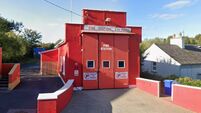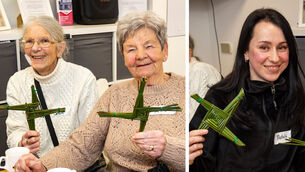SETU students get to the heart of sustainability and culture in Croatia
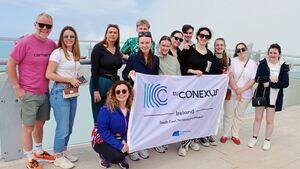
EU-Conexus students at the student research hub in Zadard, Croatia.
Nine Culinary Arts students from SETU recently travelled to Croatia to explore sustainable food systems through the lens of culinary heritage and cultural landscapes.
They travelled over as part of an EU-CONEXUS Student Research Hub (SRH and the Sustainable Food Systems, through the Culinary Heritage and Cultural Landscapes project, offered the students a fully immersive, real-world research experience that blended field-based learning, cultural exploration and creative reflection.
From learning about olive oil production at a family-run mill to cooking alongside Michelin-starred chefs, the students explored how food, place, and sustainability are deeply interconnected.
A spokesperson for SETU said in an online post that the project followed a Living Lab model, meaning students didn’t just learn about sustainability they actively participated in it.
Through observation, critical questioning and hands-on learning, they reflected on how culture and heritage shape food systems.
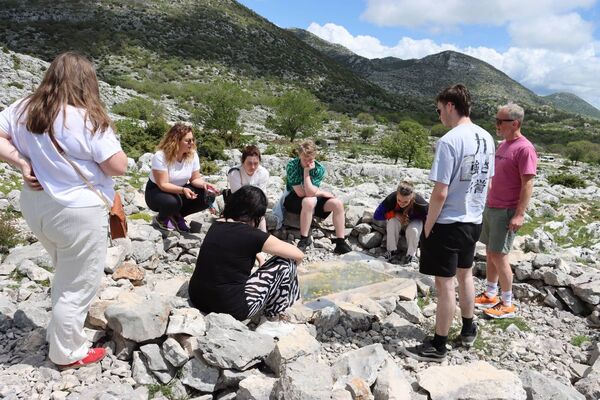
Commenting on the experience, culinary arts student Joni Hunt said: “Zadar to me was a once in a lifetime experience and opportunity. In my time there, we did so much and learned so much, which was and is hugely beneficial to me."
"I thought their food was very sustainable as in my eyes they use the approach of 'farm to food', quite often," said Joni.
"Majority of their fish etc is caught by local fishermen and is then sold to the different restaurants. Cooking with the Michelin chef Misha was an incredible experience. He caught the fish we cooked and invited us into his home," added Joni.
"It showed how simple, fresh and full of flavour Croatian food is – it was unforgettable”.
The trip had a huge impact on the students and many reflected on how the experience not only deepened their culinary skills, but also changed how they view sustainability and their roles as future professionals.
One of the students, Natalie Brennan, said: "There is no doubt that this trip to Croatia will never be forgotten. Every day brought something new, whether it was a new cultural experience, a beautiful nature sight or a delicious meal. The professor and lecturers who planned our trips made learning fun and interesting."
"Every moment was better because of how much they cared about their country's past and heritage," said Natalie.
"Not only do I remember my time in Croatia, but I also have a deeper respect for its beauty, strength, and traditions. I already can't wait to come back to this beautiful country and see even more of it," she added.
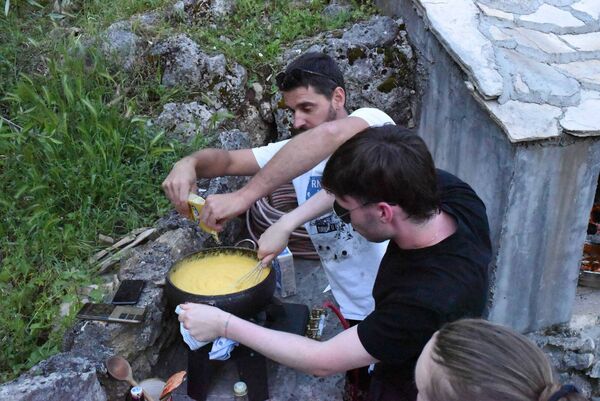
The students noted Croatia’s holistic, community-based approach to food, from farm-to-fork practices to the social importance of shared meals. They observed a strong ethos of localism, ecological care, and pride in place.
Another student, Mia Mirtel Vessmann, echoed those sentiments, commenting: "There’s a real sense of connection in Croatia. Another aspect I liked seeing was the aspects of community, such as the olive oil mill providing their services to all the locals. There was a feeling as if everyone was connected a bit and I think that is wonderful."
"It was an incredible experience and I am grateful for having the chance to go and will definitely go visit the country again when I have a chance," said Mia.
In September, students will showcase their learning through a cooking demonstration for SETU staff and the new cohort of first-year students, sharing redesigned recipes, food stories and insights into sustainable culinary practice.
The SETU spokesperson said the event will celebrate their experience and inspire the next generation to think critically about the role of food in shaping sustainable futures.
"This is exactly the kind of high-impact, real-world learning experience we want to offer our students," she said.
"This Student Research Hub builds on the ongoing collaboration between Culinary Arts at SETU and the University of Zadar," said Michael Quinn, lecturer in culinary arts at SETU.
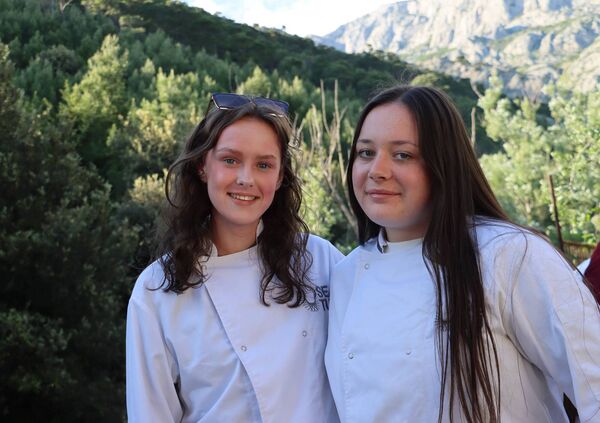
Plans are already underway for next year’s iteration, with a return visit from Zadar students and a broader goal to involve participants from other disciplines.
"This is exactly the kind of high-impact, real-world learning experience we want to offer our students," said Mr Quinn.
"It connects them to culture, community, and sustainability and shows them they can lead change," he added.
The SETU spokesperson said that with the initiative set to grow through authentic, student-led sustainability projects, the evolving partnership reflects a shared commitment to real-world, place-based learning that connects students to community, culture and global challenges.
EU-CONEXUS is a fully-fledged transnational European University offering joint education, training and study programmes, joint research and professional development opportunities, for all its staff, researchers, and students.
It's themed on 'Smart Urban Coastal Sustainability', focusing education, research and innovation, and knowledge-sharing activities on defining, understanding and addressing societal challenges experienced by communities from urban and semi-urbanised coastal regions (rivers, seas and oceans).
Further details can be found on SETU's EU-CONEXUS micro site EU-CONEXUS main website

